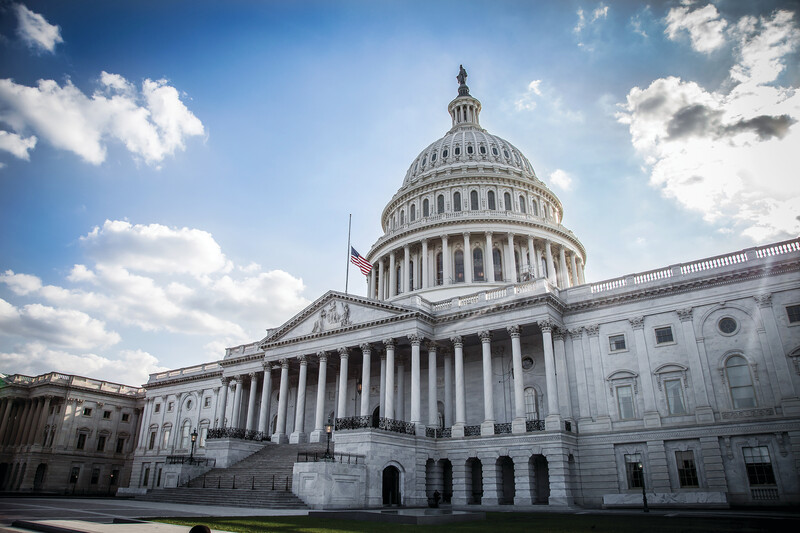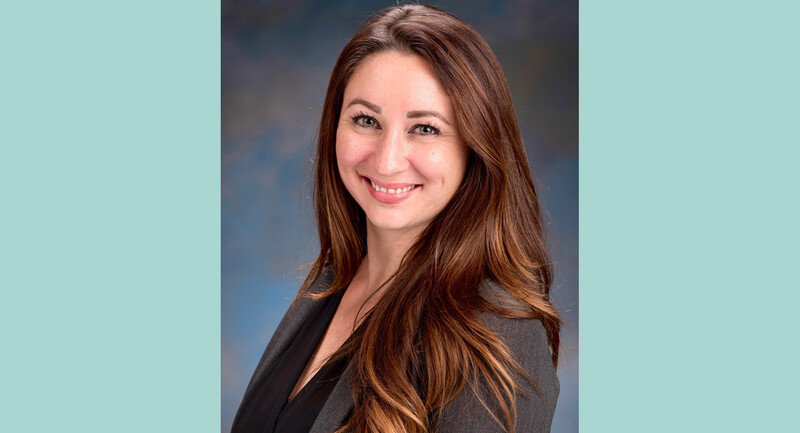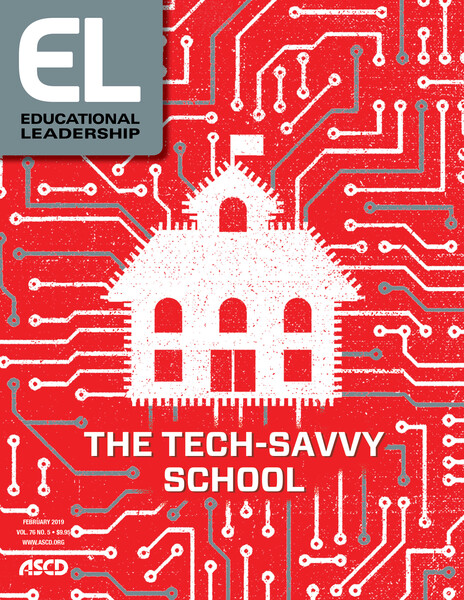February 1, 2019
•
5 min (est.)•
Vol. 76•
No. 5ASCD Policy Priorities / Start 2019 with Advocacy!

As cold and dark as winter is, it can also be a time of birth and renewal. The start of the new year confronts us as clear and blank as the calendar pages yet to be filled. It presents an opportunity for reflection and commitments to self-improvement (a library card or gym membership, anyone?). Educators especially understand the feeling of renewal this time of year can bring, for themselves and their students; both often feel refreshed when they return to the classroom after winter break.
It's also true that, just as day follows night, new legislative sessions follow midterm elections—and a new term of the U.S. Senate and House of Representatives started in January (as did the terms of state legislative bodies). So the first few months of 2019 are a perfect time for aspiring educator advocates to take their first steps in activism, or for veteran advocates to re-engage with policymakers, on the education issues of most importance to them and their students.
Whatever your expertise, experience, or comfort level, here's a list of four resolutions for educator advocates to make at the start of 2019. I hope you'll consider following through on at least one or two of these—and add your own!—in the coming year.
There was a lot of turnover in legislative seats this November, both at the more visible federal level and at the lower-profile state level. Fortunately, you can visit the handy ASCD Action Center to find out who your U.S. and state senators and representatives are. Just plug in your street address and zip code and you'll get the full list of your federal and state elected officials.
Now that you know the names of your representatives, you should learn a little bit about them, which will help you more effectively approach them about key education issues. You can use the same ASCD resource that helped you identify your reps to go a little more in depth about who they are. Find out what their occupations were before entering politics. Were any of your representatives ever a teacher or school leader? If so, you'll have a natural and immediate connection. What committees are they on? If any sit on an education committee, they will have a direct say in any proposed K–12 policy changes, like evaluating teachers or improving schools. And if your representative is on an appropriations committee, he or she will have some influence in terms of education funding—how much there is and what it will be spent on.
Communicating with your elected officials has never been easier, and there have never been more ways to do it. In fact, between calling, emailing, commenting on your rep's website, and other communication options, there might be too many choices! Don't let that abundance of options scare you off. Once you know who your new (or returning) representatives are, send them an initial message. After that initial outreach, it will be a good idea to concentrate your attention on one or two lawmakers. Determine where your interests and passions lie. If you are most concerned about national issues like ESSA and Title I, for example, you should focus on your federal representatives. If you're more interested in state issues like college and career readiness or school report cards, look to your state policymakers. If funding equity is what motivates you, it makes sense to target your state legislator who sits on the appropriations committee.
Email is often the easiest and most comfortable mode for an initial contact. Congratulate your representatives on their election (or re-election) and note their committee assignments. Introduce yourself as an educator in the lawmaker's district and express your interest in education-related policies. Feel free to specifically reference one or two topics of special concern to you. Ask to be put on the contact list for regular updates and scheduling announcements.
You don't have to travel to Washington, D.C., or your state capital to meet with your senators and representatives. They all maintain local offices with regular business hours. ASCD's Action Center provides the phone numbers (if not the addresses) of your elected officials' local offices. You may not be able to meet with the actual office holder, but you will be able to meet with their staff. This is the next best thing and is usually more productive in the long run because for any given issue, certain staff members will be the subject matter experts or point of contact.
If you meet with a staff member in your representative's office, the meeting should have a particular purpose, and you should state that purpose when you request the meeting. Your request might be as simple and direct as, "I am an educator at Kingsview Middle School. Our whole-child approach to education has helped our students' social and emotional learning, and I want to share with you the improvements we have made and how these successful strategies could benefit schools across the state." Go into the meeting with a plan for how you'll initiate the discussion of your issue, the key points you hope to make, and how the issue connects to the local district. Your goal is to have the representative or staff member identify you with that issue—and as a knowledgeable, even expert, source of information.
These four resolutions are low-intensity, high-impact advocacy activities. Every educator can—and should—do at least one of these in the first few months of the new year. And no matter your role or responsibility, ASCD has available a range of advocacy and policy information to help you. Investing your time and effort on advocacy now will bear fruit—in terms of your personal influence and in shaping the policies that will work best for educators and students—when winter turns to spring and legislative sessions really heat up.





